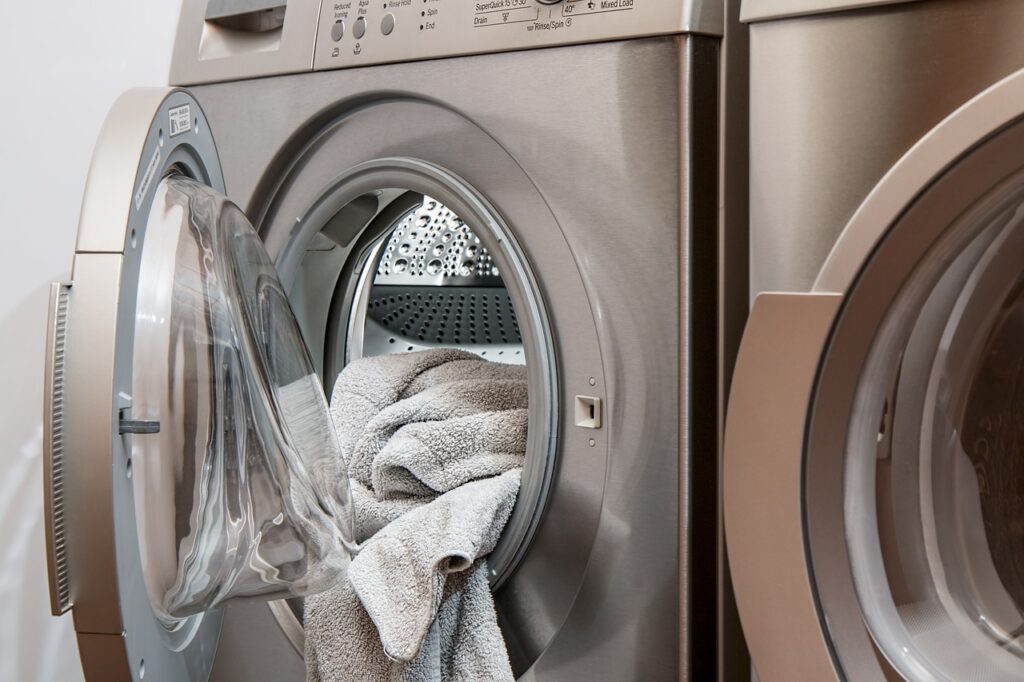Let’s face it, the digital age has transformed the way we communicate and maintain our relationships, often with a heavy lean towards convenience and efficiency. Texting has become a preferred mode of communication for many, including myself, who find it a more comfortable and immediate way to connect. However, within this digital tapestry of ‘read receipts’ and ‘last seen’, emerges a scenario many of us find ourselves entangled in – dealing with a friend whose enthusiasm for constant companionship leaves us overwhelmed and searching for the exit button on a daily basis.
Have you ever found yourself cringing at the sight of yet another notification from that one friend? The one whose presence, virtual or otherwise, has begun to feel less like a blessing and more like a chore? Well, you’re not alone. It’s a common narrative in the modern friendship saga – loving someone but feeling suffocated by their clinginess. And it’s a delicate situation to navigate, balancing the act of maintaining a healthy friendship while also asserting your personal boundaries.
Acknowledging your boundaries is the first critical step towards handling a clingy friend in a healthy manner. It’s about knowing what’s acceptable for you and what’s not, and not being afraid to communicate that. The beauty of boundaries is that they allow you to care for yourself and others simultaneously, fostering relationships that are both respectful and fulfilling. Remember, it’s okay to not want to hang out every single weekend or respond to a ‘what’s up?’ text fourteen times a day.
When it’s time to communicate your boundaries, remember the power of ‘I’ statements. These are your armor in avoiding unnecessary conflict and keeping the conversation focused on your feelings rather than pointing fingers. For instance, saying ‘I feel overwhelmed by frequent phone calls’ opens up a dialogue in a way that’s less likely to put your friend on the defensive than a blunt ‘You’re calling too much’. It’s about expressing your needs without dismissing theirs.
But here’s the kicker – communication is a two-way street. After you’ve set your boundaries and shared your feelings, it’s equally important to lend an ear to your friend. There might be underlying reasons for their clinginess that you’re unaware of. Maybe they’re going through a tough time and aren’t sure how to cope. By showing you’re willing to listen, you reinforce the value of your friendship beyond the boundaries you’re setting.

However, let’s not sugarcoat it – these conversations can be tough and might not always go down smoothly. It’s possible that your friend might not take your feedback well, and that’s okay. The aim here isn’t to alienate but to foster an environment where both parties feel respected and heard. After all, the goal is to preserve the friendship, not to win an argument.
Sometimes, despite our best efforts, we might find that certain friendships do more harm than good. It’s a tough pill to swallow but recognizing when a friendship is beyond repair and having the courage to step away is crucial for our own wellbeing. Remember, it’s not selfish to prioritize your mental health and peace.
But let’s not end on a somber note. More often than not, these challenging conversations can lead to stronger, healthier friendships. It’s about coming together, understanding each other better, and finding a balance that works for both. So, the next time you feel guilty for wanting to turn down an invitation, remember that it’s not just about saying no – it’s about nurturing a friendship that respects both parties’ needs and boundaries.
And for those moments when you’re on the fence about whether to accept an invitation or not, remember that your time and energy are precious. It’s okay to need a break, to prioritize self-care, or simply to not feel up to socializing. Declining an invitation doesn’t make you a bad friend; it makes you human. After all, true friendship isn’t about quantity, but the quality of the time spent together.
Here’s to navigating the tightrope of friendship with grace and empathy, to putting ourselves first without feeling guilty, and to the beautiful, messy, and utterly indispensable journey of human connection.
Related posts:
How to Tell Your Friend They’re Being Clingy (Without Hurting Their Feelings)
Feel Guilty About Rejecting People? Let’s Look at This a Different Way
How To Get Better At Saying “No” To Plans





